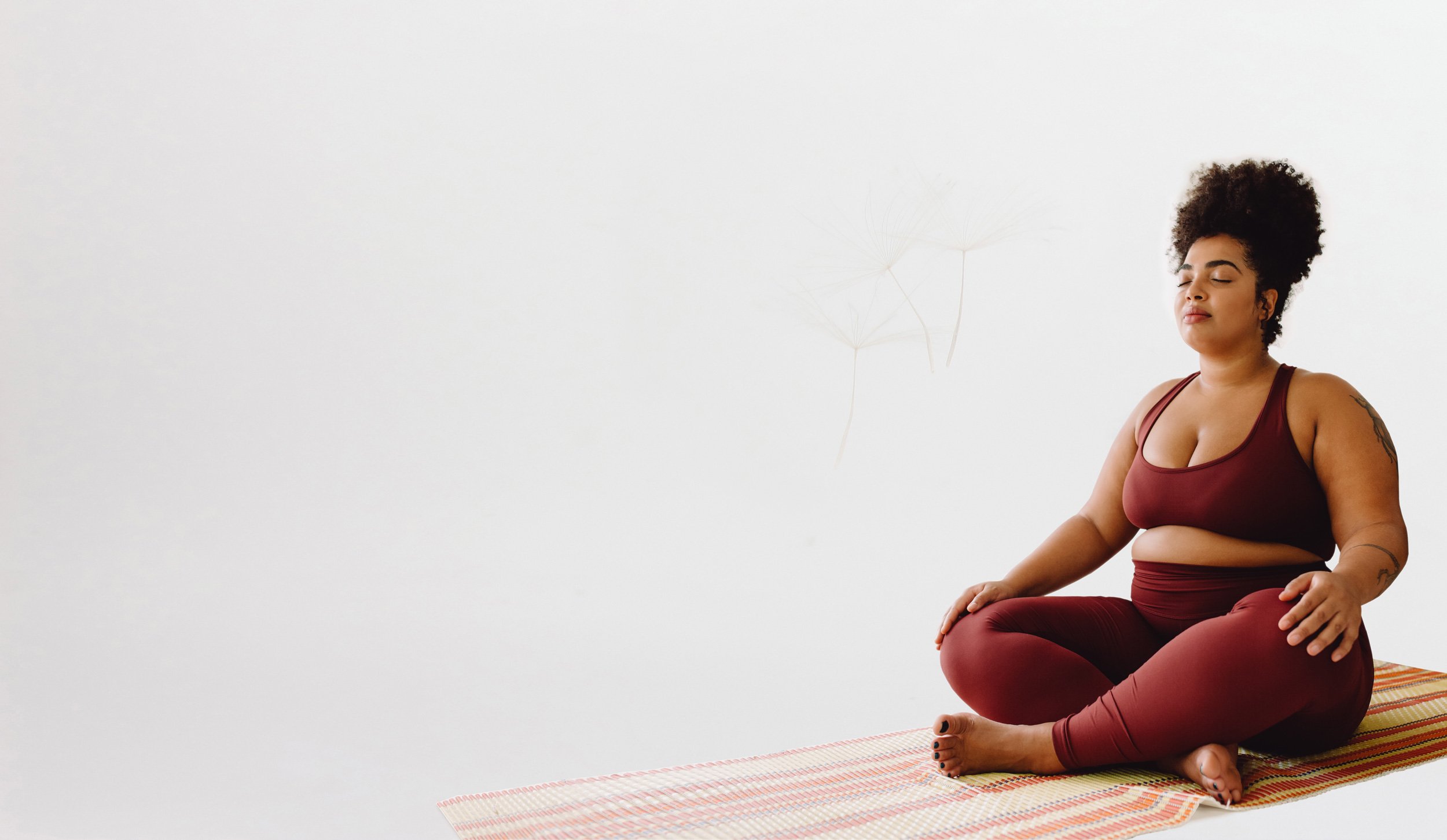
Improving Sleep & Relaxation
For most of us there can be times in our lives when stressors start to overwhelm our nervous system, and our body is flooded with chemicals preparing us for “fight or flight”. This stress and anxiety response is amazing in life saving situations, however, if it is constantly activated in our every day life it can start to take a toll on our mental and physical health leading to heart disease, depression and insomnia!
Below you will find some scientifically proven Sleep & Relaxation techniques that counter this stress and anxiety response.
How to Improve your Sleep
Sleep Meditation | Lake Visualisation- to help you fall asleep 😴
By Lauren Woods - Provisional Psychologist
Sleep is one of the most important factors to our physical and mental wellbeing. The quality of our sleep is improved if we can help settle our mind so that then our body can rest and unwind to then drift off to sleep.
Using 🔈sound to improve your sleep…
SOUND has many COLOURS! These colour noises, or noise spectrums, depend on the intensity & distribution of energy / frequency (Hz).
Trying to decide which "COLOUR" noise is right for you can be a little tricky at first. It may take some time to realise which sound works best for you (rustling leaves, thunder, or whirring fans) & for what situation (getting to sleep faster, relaxation or improving concentration for work or study). With some knowledge and a little time, however, you’ll quickly find the best option.
8hr WHITE NOISE | (Icelandic 🇮🇸 WATERFALL Sounds) for SLEEP & INSOMNIA.
🤍 WHITE NOISE -- includes all audible frequencies. Energy is equally distributed across these frequencies.
BEST FOR: blocking out external loud noises. Getting your baby to sleep, or getting to sleep if you are in a loud environment.
8hr PINK NOISE | (Rumbly ⛈ RAIN Sounds) for SLEEP
💗 PINK NOISE -- is deeper than white noise. It’s like white noise with a bass rumble.
BEST FOR: Reduces brain waves & induces more stable sleep.
8hr WHITE NOISE | (Icelandic 🇮🇸 WATERFALL Sounds) for SLEEP & INSOMNIA.
🤎 BROWN NOISE -- also called Brownian or Red noise, has higher energy at lower frequencies. This makes it deeper than pink and white noise.
BEST FOR: concentration, studying or working to improve productivity and drown out any distractions. It can also help ease anxiety, ADHD, if you have tinnitus, or simply if you have more sensitive hearing.
How to Relax
It is very well documented that when we can practice activities that activate our relaxation response our heart rate slows down, our blood pressure drops, our breath rate decreases, and muscle tension reduces. This can have a positive impact on our experience of chronic pain, improve concentration and productivity, and improve low mood and anxiety.
Most relaxation approaches will either work on regulating and slowing down the breath, and/or working on releasing tension in the body.
Progressive Muscle Relaxation (PMR) | Release muscle tension 💪🏼 in your body By Oriane Macfarlane - Clinical Psychology Registrar
A relaxation practice which helps you to firstly identify tension in your body, and then aims to help you learn a strategy to gently release this tension, so as to work towards feeling more calm and relaxed.
Triangle Breathing (4 sec) | RELAXATION for kids - slowing their heat rate & breathing down
This exercise is a great way to slow down your child's breathing, and heart rate! It's an invaluable skill to teach your children in times of heightened anxiety, if they find themselves in a stressful situations, or simply a great way to relax the mind.
